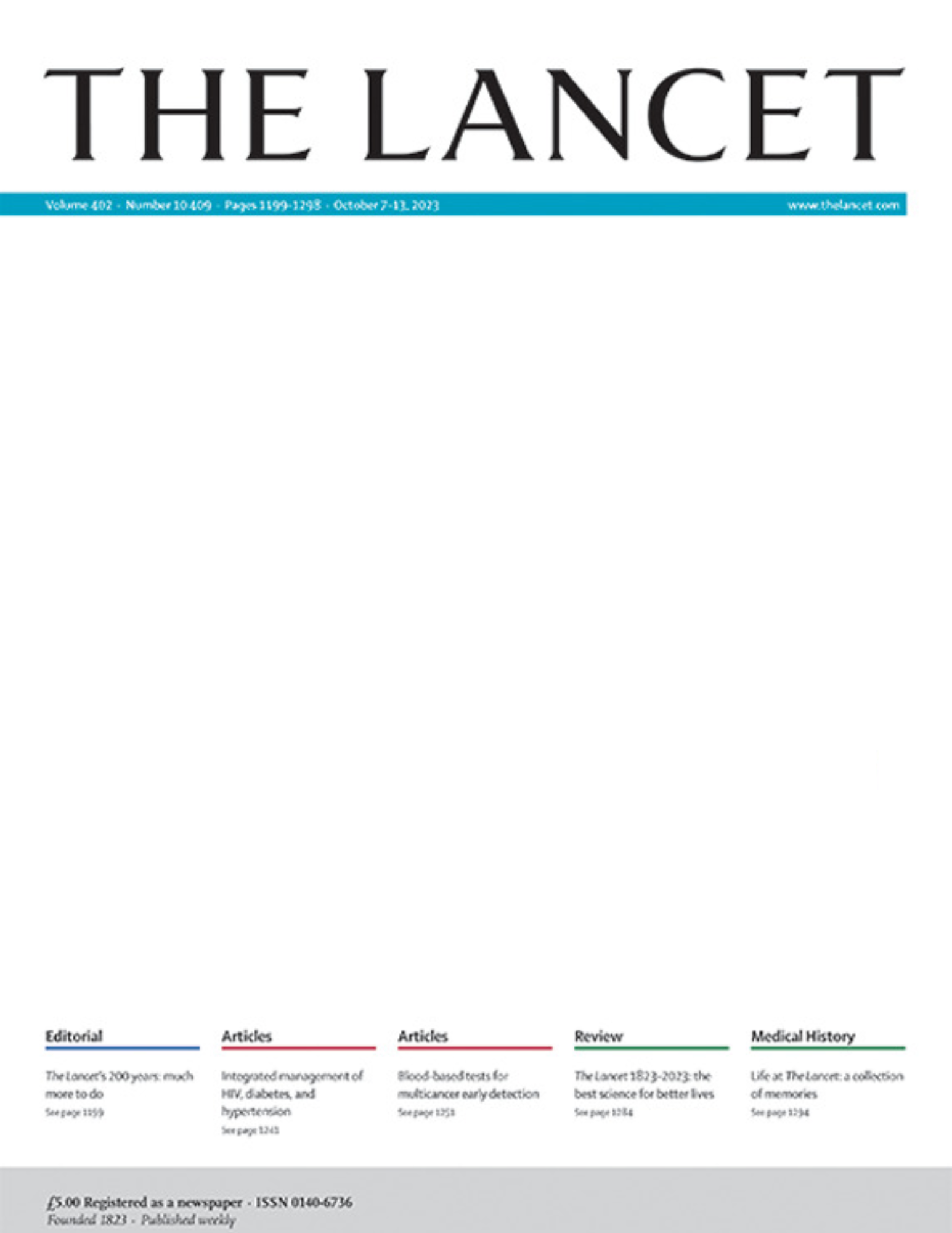
Modified release prednisone a better option at reducing morning stiffness in RA

Modified release prednisone a better option at reducing morning stiffness in RA
Efficacy of modified-release versus standard prednisone to reduce duration of morning stiffness of the joints in rheumatoid arthritis (CAPRA-1): A double-blind, randomised controlled trial
Lancet. 2008 Jan 19;371(9608):205-14.Synopsis
288 patients, between the age of 18 to 80, with active rheumatoid arthritis (RA) were randomly assigned to be administered either a modified-release prednisone tablet or an immediate-release prednisone tablet. Modified-release prednisone was a safe and well tolerated drug that produced a clinically relevant reduction of morning stiffness of the joints. In addition, it provided well known therapeut...
To view the full content, login to your account,
or start your 30-day FREE Trial today.
FREE TRIAL
LOGIN
Forgot Password?
Explore some of our unlocked ACE Reports below!

Learn about our AI Driven
High Impact Search Feature
Our AI driven High Impact metric calculates the impact an article will have by considering both the publishing journal and the content of the article itself. Built using the latest advances in natural language processing, OE High Impact predicts an article’s future number of citations better than impact factor alone.
Continue



 LOGIN
LOGIN

Join the Conversation
Please Login or Join to leave comments.